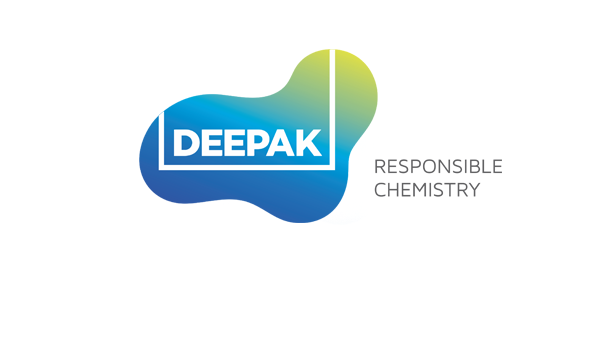

Taking healthcare to people’s doorsteps
Mobile Health Services reach out to the underserved communities and facilitate access to quality primary healthcare services within these communities.
OPD
patients
Camps
Patients
Emergency services to save maternal and infant lives
In partnership with the Govt. of Gujarat, Deepak’s Comprehensive Emergency and New Born Care unit serves over 900,000 people from local tribes. It has conducted over 2,700 deliveries, of which 600 were high risk.
Patients served
Deliveries conductd
Hi-risk deliveries
Surgeries conducted
Increasing employability through wage employment trainings Modestly educated, unemployed youth from disadvantaged sections of the society of Chhota Udepur, Gujarat and Hyderabad were given an opportunity to attend government-approved courses in ‘Home Health Aide’.
Youth trained in home health aide
Youth trained as bedside attendant
Youth trained in home nursing aide
Safeguarding livelihoods through conservation Protecting livelihoods of farmers is necessary to ensure long-term community well-being. To safeguard them from the impact of water uncertainties, creation of water harvesting structures was undertaken in villages of Gujarat and Maharashtra. Each farm pond, with a holding capacity of over 50,000 litres can provide water for 3-4 months.
litres water storage
Villages covered
Tribals & villagers benefited
Taking healthcare to people’s doorsteps
Improving lastmile reach of government programmes in daycare centers : Under this initiative, Anganwadi workers, helpers and nutrition counselors were given an opportunity to upgrade their knowledge and skills in counseling and preschool education.

Aaanganwadi Centers supported

Children provided with milk

Check-ups of children
Taking books to the students
Mobile Library Services provide children from marginalized communities an access to wide range of books and library services inculcating an interest in learning. Storytelling sessions, theme-based story narration competitions and other activity-based learning sessions resulted in improved reading skills amongst many of these children.

Children reached

Books read

Cleared reading & writing tests

Cleared age appropriate aptitude test